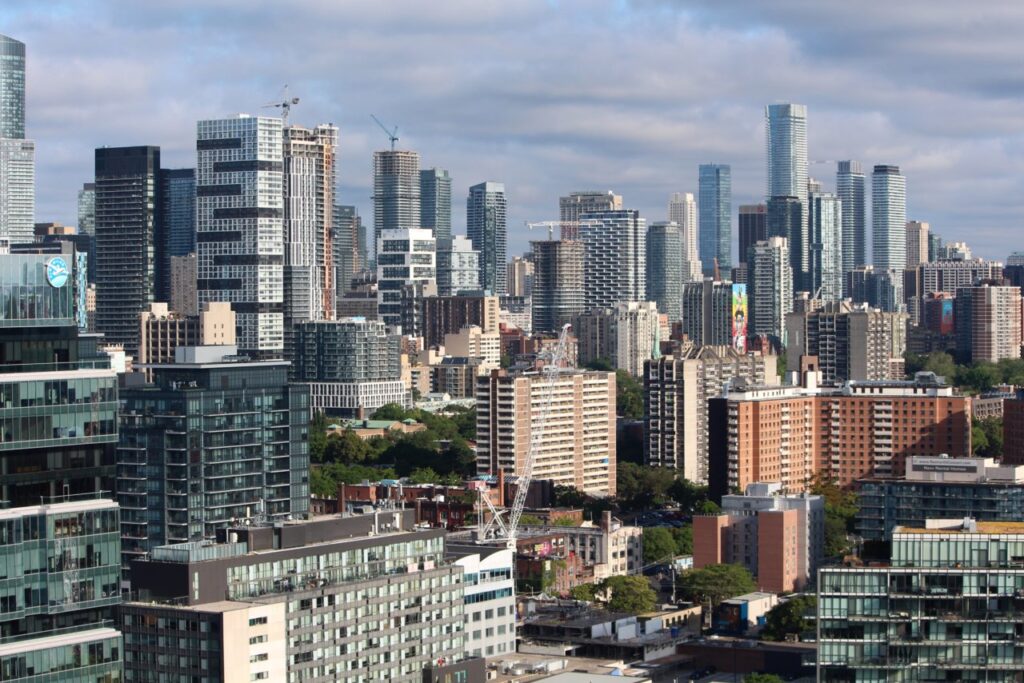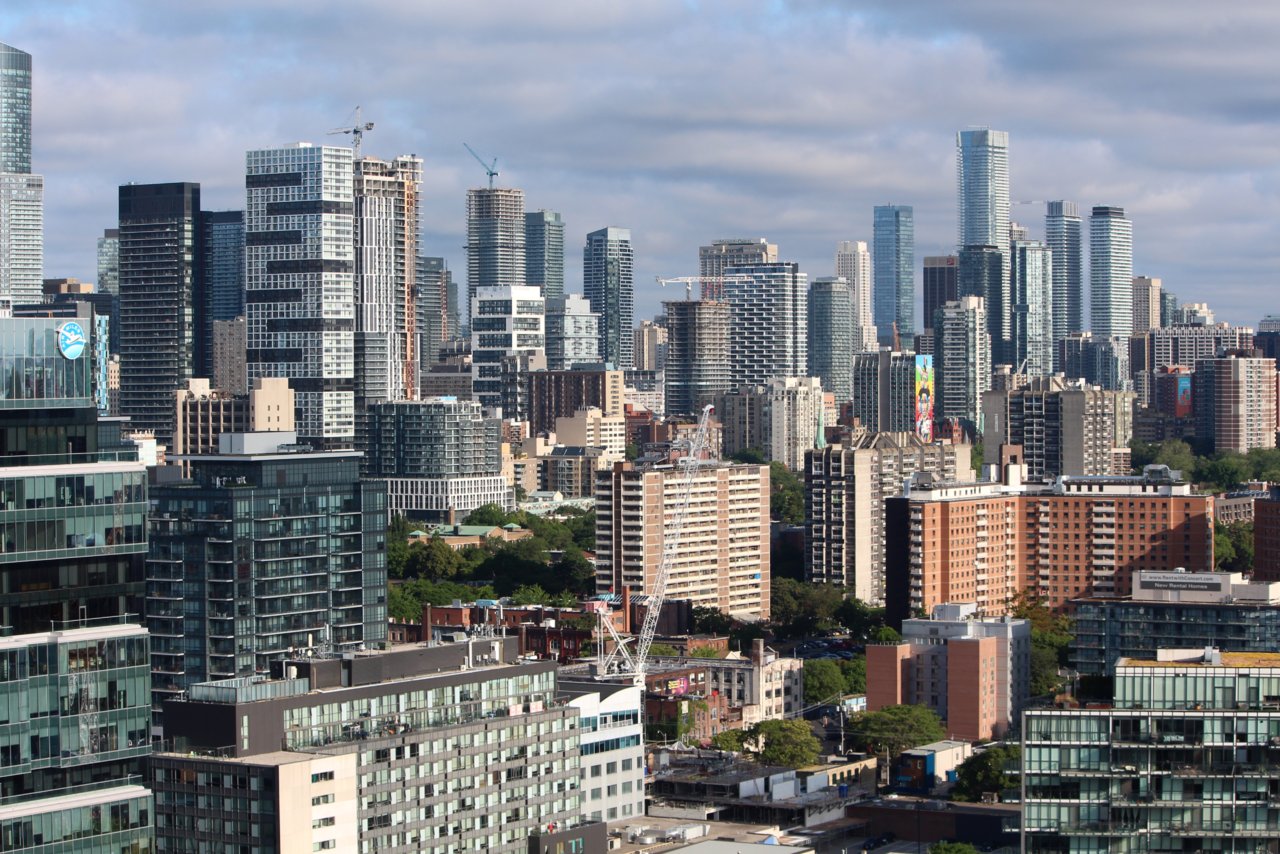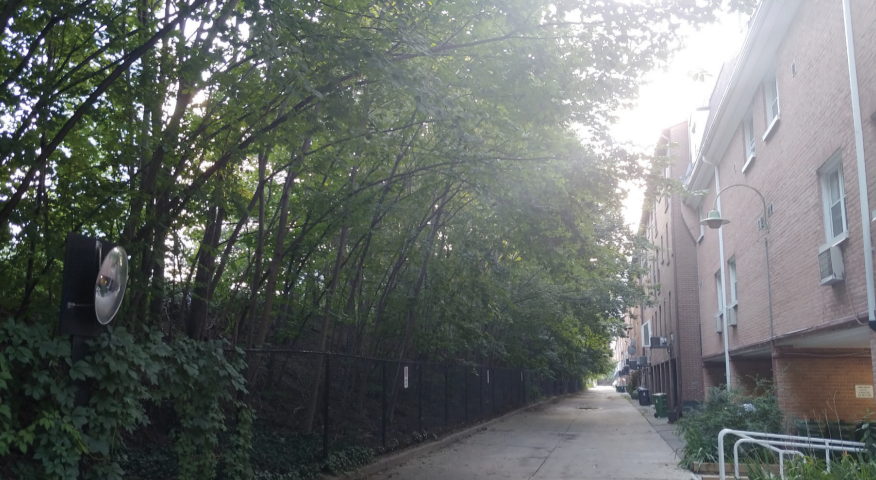
By Elspeth Chalmers
–
In early November, City Council approved an amended Inclusionary Zoning Official Plan, zoning By-law and Implementation guidelines to mandate affordable housing in new developments. Beginning next year, developments near transit hubs with more than 100 units must have 5 to 10 per cent of them as ownership units (condominiums) or below market rental units.
The amended plan mandates ongoing affordability for 99 years and calls for additional market analysis in areas such as Little Jamaica (Eglinton Avenue West near Oakwood) to identify more opportunities for inclusionary zoning.
Although the plan has no specific targets, the city still supports the HousingTO Action Plan goals of creating 40,000 affordable rental units and 4,000 affordable ownership units by 2030. The city will report annually on the actual number of affordable units approved and secured.
The zoning regulations will apply only to areas zoned as Protected Major Transit Station Areas, within 800 metres of major transit. The amount of affordable housing required would vary by area, with the highest requirements in the downtown core.
In Corktown and other downtown neighbourhoods, developers must either provide affordable rental opportunities at a rate of 7 per cent (increasing to 16 per cent by 2030), or affordable ownership opportunities at a rate of 10 per cent (increasing to 22 per cent). But the By-law doesn’t apply to developments submitted to the city before September 18, 2022.
“The By-law also doesn’t apply to provincially designated Transit Oriented Communities,” noted Ward 13 Councillor Kristyn Wong-Tam, which means the provincially planned developments at Corktown Station and on the First Parliament site may not include affordable housing.
“If the city had been allowed to develop it, we would have expected 30 [per cent] affordable,” says Cynthia Wilkey, co-chair of the West Don Lands Committee. But so far, Infrastructure Ontario “has only said it would meet the private-sector IZ requirement.”
Toronto’s plan falls short of expectations by many community groups that support inclusionary zoning.




